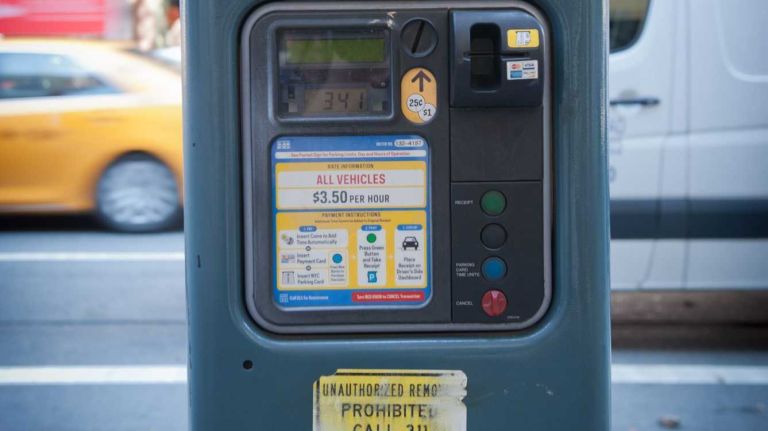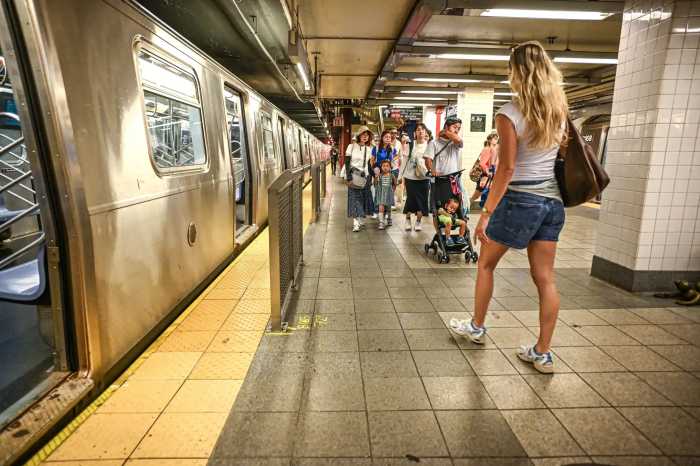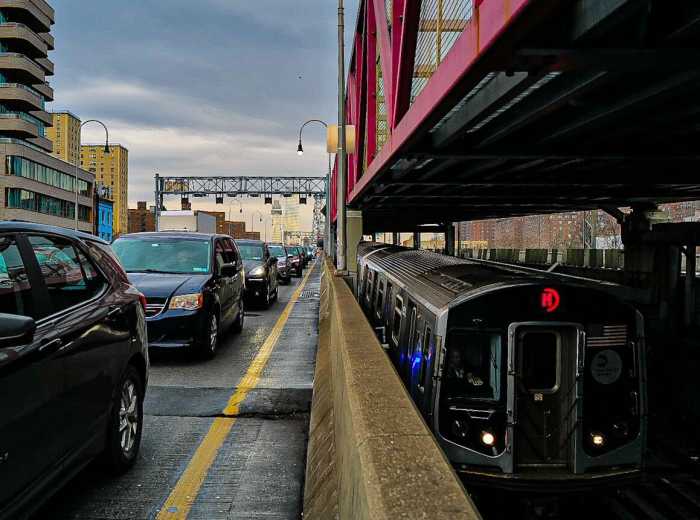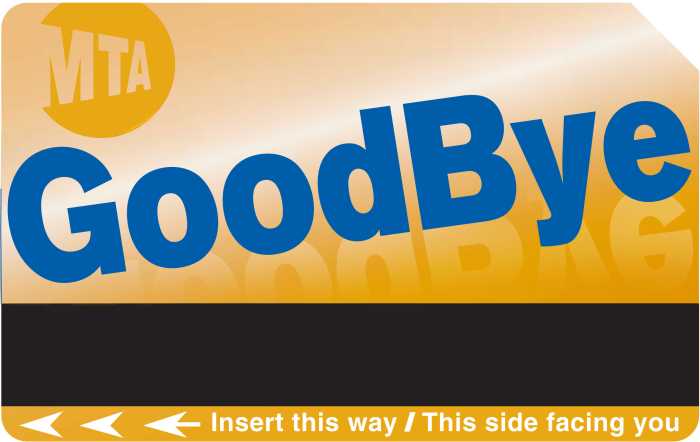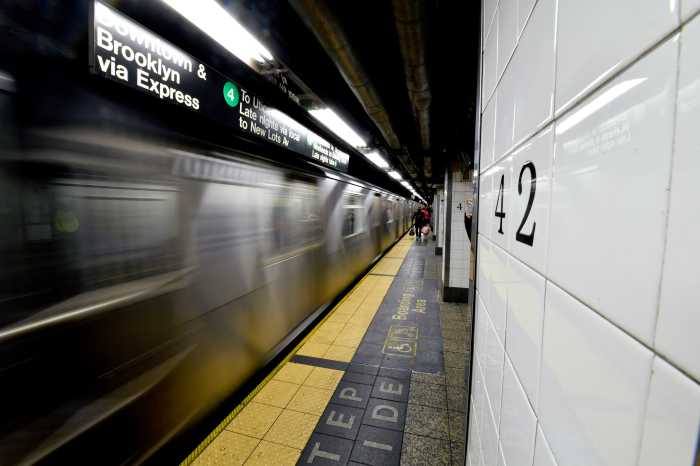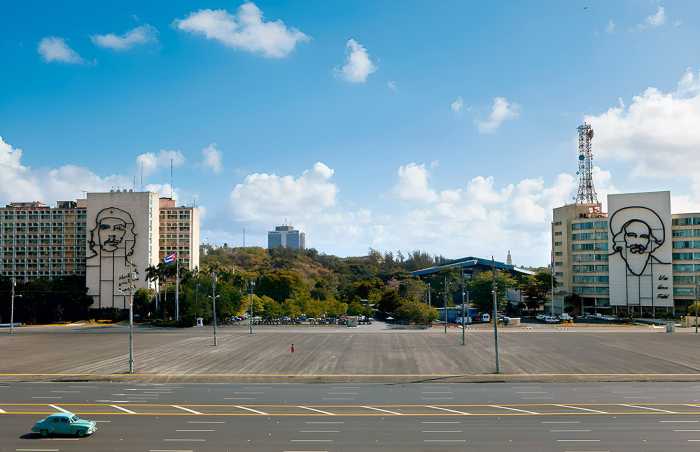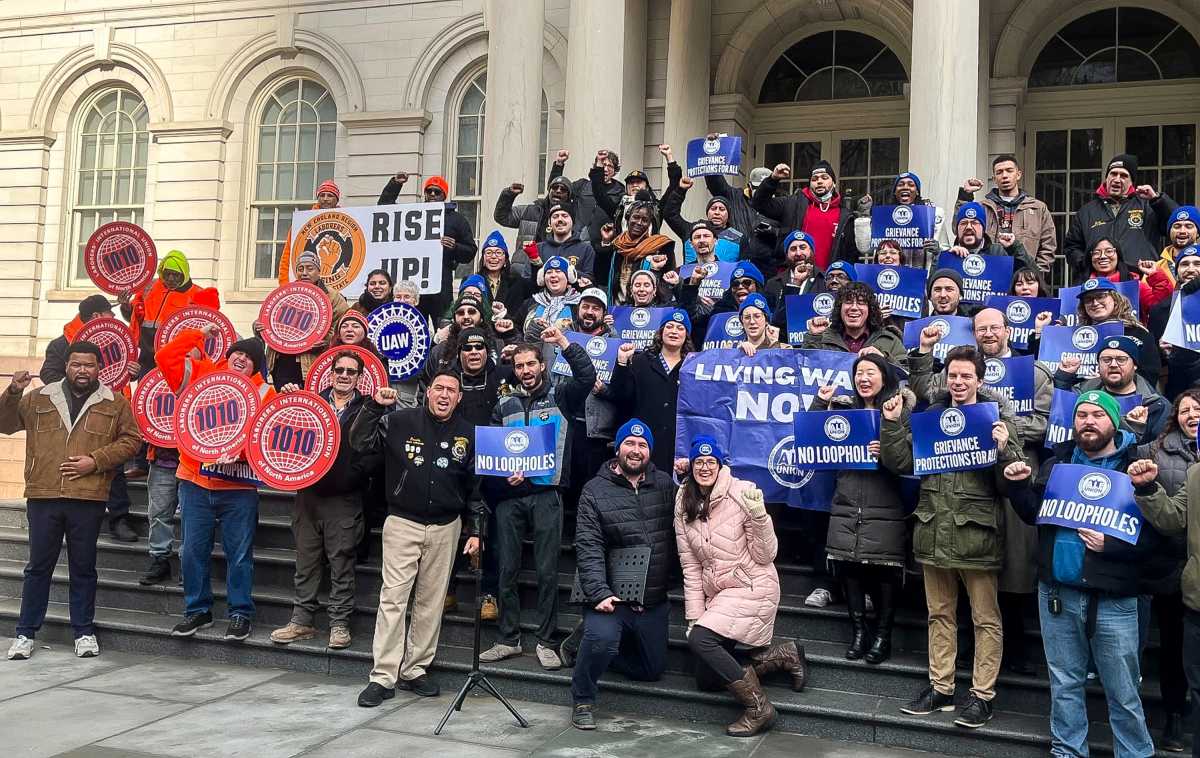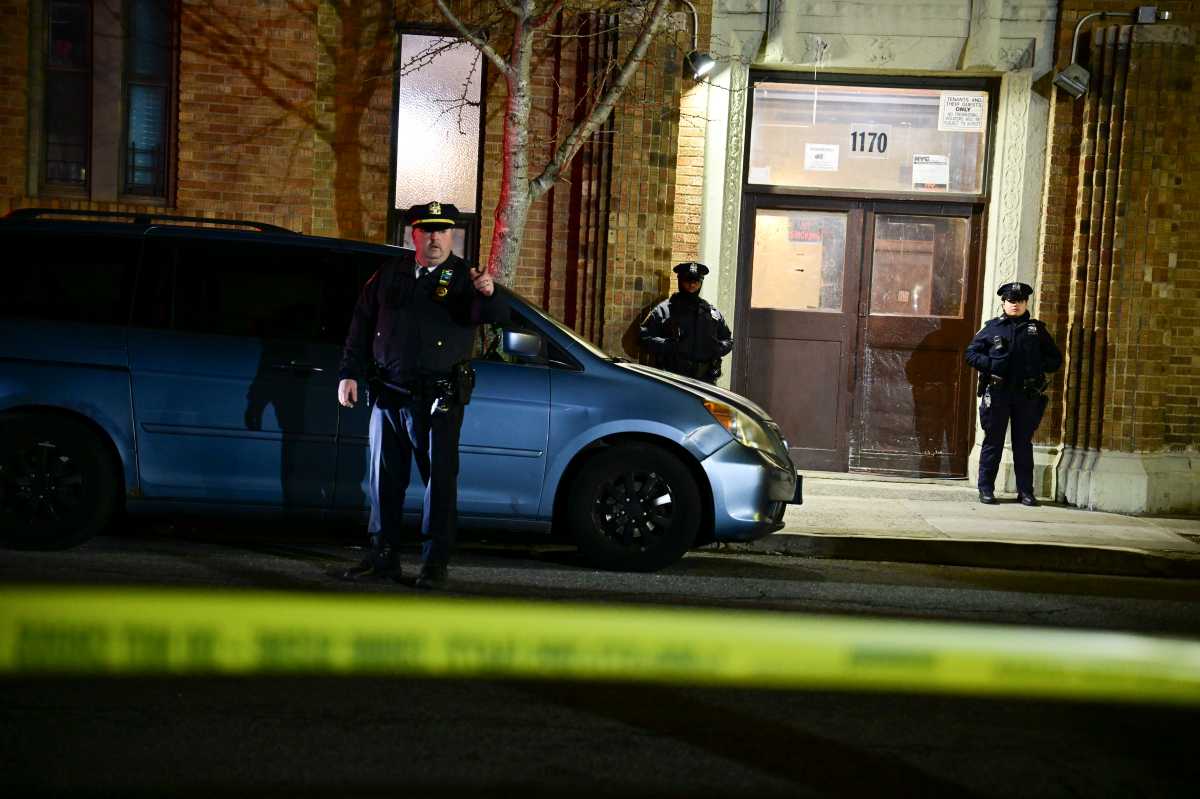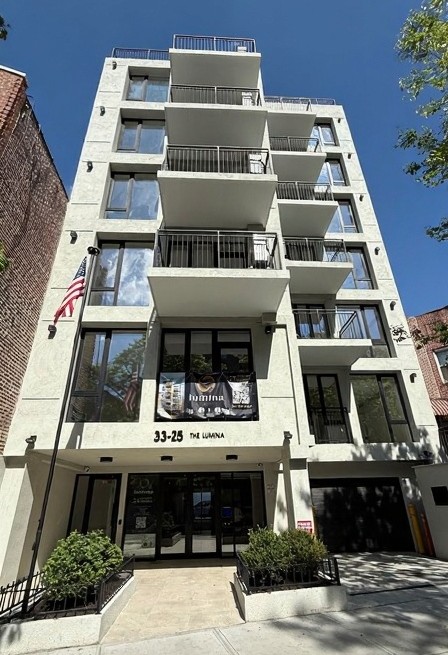
In a bygone era of driving in New York City, a broken meter was a sign of a lucky day: a free parking spot. But today, a busted electronic muni-meter starts the clock for drivers to find a working machine to avoid a parking ticket that can run as high as $65.
The city receives tens of thousands of calls each year about broken muni-meters.
Fixing busted muni-meters was the fourth-most requested service for the Department of Transportation and among the top 25 of all requests to the city’s 311 hotline in the last fiscal year.
Through July this year, the Department of Transportation has received 17,673 service requests through the 311 system. The city’s complaint hotline in 2013, meanwhile, clocked more than 34,000 of them — a 54% increase from the 22,085 requests in 2012.
“If you have to schlep up to five minutes to the next meter, it’s not fair,” said Francisco Villaronga, a 35-year-old salesman from Riverdale, who complained of having to trek around city blocks to find a working meter.
“If it’s broken, the cars in the area shouldn’t have to pay,” Villaronga said.
If drivers find a busted machine, they are required to find a working one in the “parking field,” defined as both sides of a city block; free parking is allowed for the maximum amount of time offered if all the meters on the block have problems.
“I call it the muni-meter polka,” said Larry Berezin, an attorney who fights fines and runs New York Parking Ticket, a website that helps New Yorkers fight summonses “Why do we have to dance that dance?”
Berezin said an out-of-order machine gives the “illusion” of free parking because drivers are used to the regulations under the old machines.
“The reality is, ‘free’ is going to cost you a ticket and most likely you’re not going to be able to beat the ticket,” he said.
The DOT said most muni-meters work at all times and that it sees no increase in malfunctioning machines. “When the DOT knows of an issue, complaint, or has a service request, we respond within 24 hours,” the agency said.
Complaints about broken meters are much higher than requests to fix them. The city received 22,606 complaints of a defective or damaged muni-meter so far in 2014; there were 47,645 inquiries made last year.
By contrast, the obsolete single-spot metal parking meters garnered 9,282 complaints in 2010, before they were wiped off Manhattan streets in 2011.
In the 2014 fiscal year, of the 839,014 meter-related tickets issued, 345,159 were dismissed after hearings, according to the Department of Finance.
The city pulled in $546.6 million from 9.4 million parking tickets in the 2014 fiscal year, excluding violations caught on camera, according to the agency.
The 13,000 muni-meters dotting city sidewalks do have advantages over the old meters: They allow for more parking spaces and let people pay with credit or debit cards. Drivers get a five-minute window after parking to get a dashboard ticket from a muni-meter, according to the DOT.
But they present new problems, like getting a credit or debit card stuck inside the machine, a complaint that 311 received 2,573 times from August 2013 thru July 2014.
Councilman David Greenfield, an advocate for drivers, said his card was once caught in a Manhattan muni-meter. A nearby doorman armed with a pair of tweezers retrieved it.
“We certainly get a lot of these complaints and it does seem like it takes a fair amount of time to get these muni-meters repaired,” said Greenfield, a Democrat who represents Borough Park in the City Council.
He wants legislation to offer free parking if a nearby muni-meter is busted — an idea that was cut from a parking meter bill that ultimately required drivers to walk until they find a working one. He said the need for revenue from parking tickets is a disincentive for repairing muni-meters.



